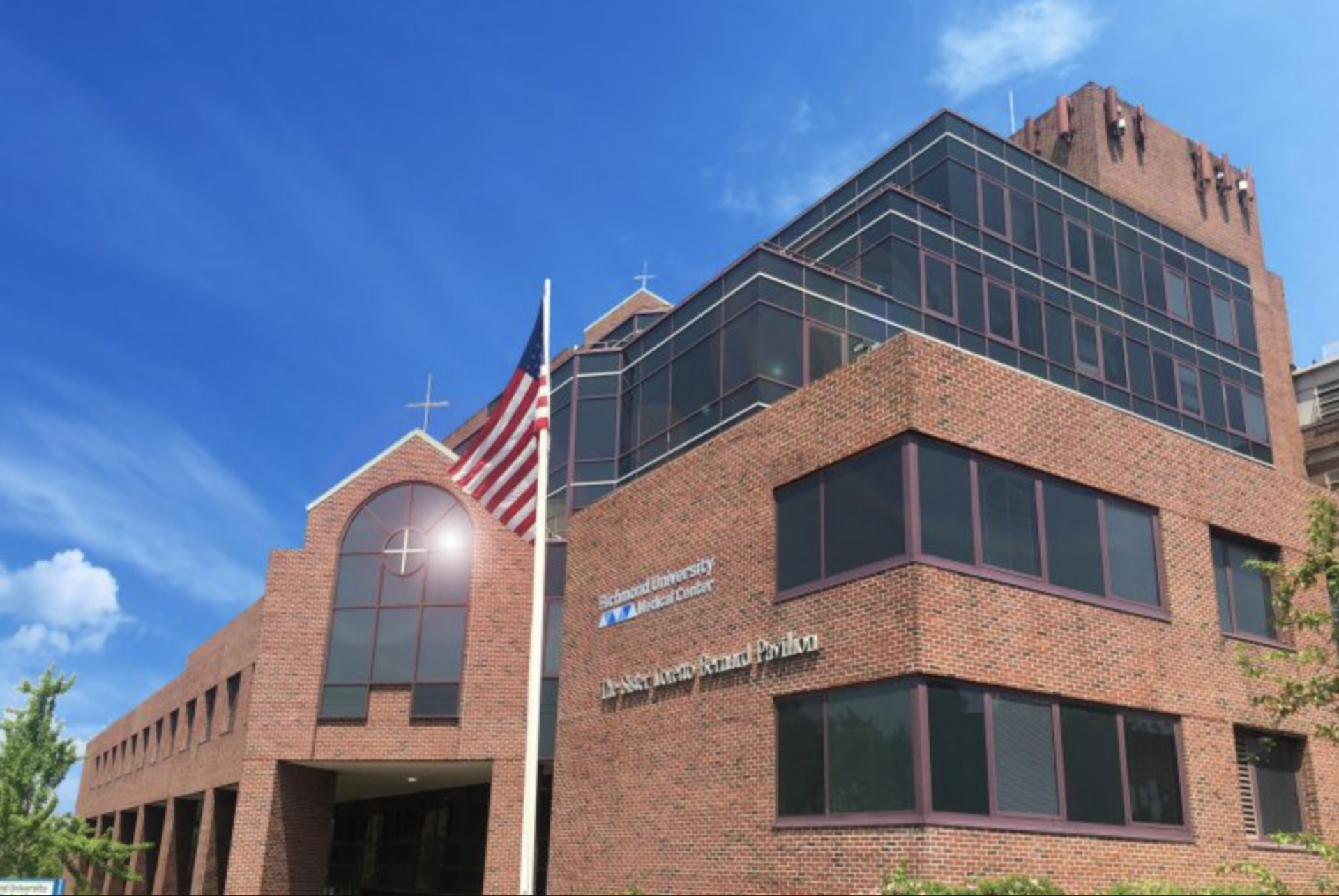Richmond University Medical Center (RUMC) in Staten Island is currently recovering from a ransomware attack in network downtime procedures, according to local news outlets. The attack was deployed against the almost-500 bed hospital one week ago.
The outage and patient care impacts heightened over the weekend, as clinicians and providers were forced to monitor patients and enter data with manual processes. A spokesperson said “with the exception of overnight trauma and stroke services,” impacts have been limited.
The hospital recovery team is working to bring systems back online to full operational status, while investigating the scope of the attack and impact on patient data with support from an outside cybersecurity firm.
The hospital continues to offer full patient services and admit patients, including emergency care.
RUMC is the second US hospital to report ransomware-related outages in the last two weeks.
For now, it appears the impacts are less severe than at Murfreesboro Medical Clinic & SurgiCenter. The Tennessee provider closed down all operations for two weeks starting April 22 to prevent the spread of a cyberattack. Without access to care sites, patients struggled to refill prescriptions and missed routine appointments.
On May 4, nearly two weeks after shutting down, MMC reopened its Pediatrics and Internal & Family Medicine walk-in clinics for “sick visits.” At the time, however, regular appointments and most of its locations remained closed.
Four main campus care sites reopened at the end of last week. The latest update shows MMC reopened its neurology office in Smyrna and its Spine, Joint and Pain office in Manchester for scheduled appointments on Friday, May 12.
However, nearly three weeks after shutting down, the health system’s laboratory and radiology services are still closed and its patient portal is still experiencing disruptions.
In the last month, multiple global health sector entities have been brought down by cyberattacks. The most recent to report outages include Aspen Dental and Cornwall Community Hospital in Ontario, which is still working to recover its network after a security incident in early April.
Meanwhile, German health IT vendor Bitmarck continues to recover 11 days after its May 1 cyberattack, which caused disruptions to an undisclosed list of connected partners, and nearly one month after a cyberattack on insurer Point32Health and its subsidiary Harvard Pilgrim Health Care is still facing outages and working to restore the impacted systems.
As new data recently reaffirmed, cyber disruptions at healthcare organizations have rippling effects on connected entities and cause constraints at area providers that must take on the influx of new patients. The results of the study confirm ransomware and other cyberattacks against hospitals “should be treated as disasters.”




